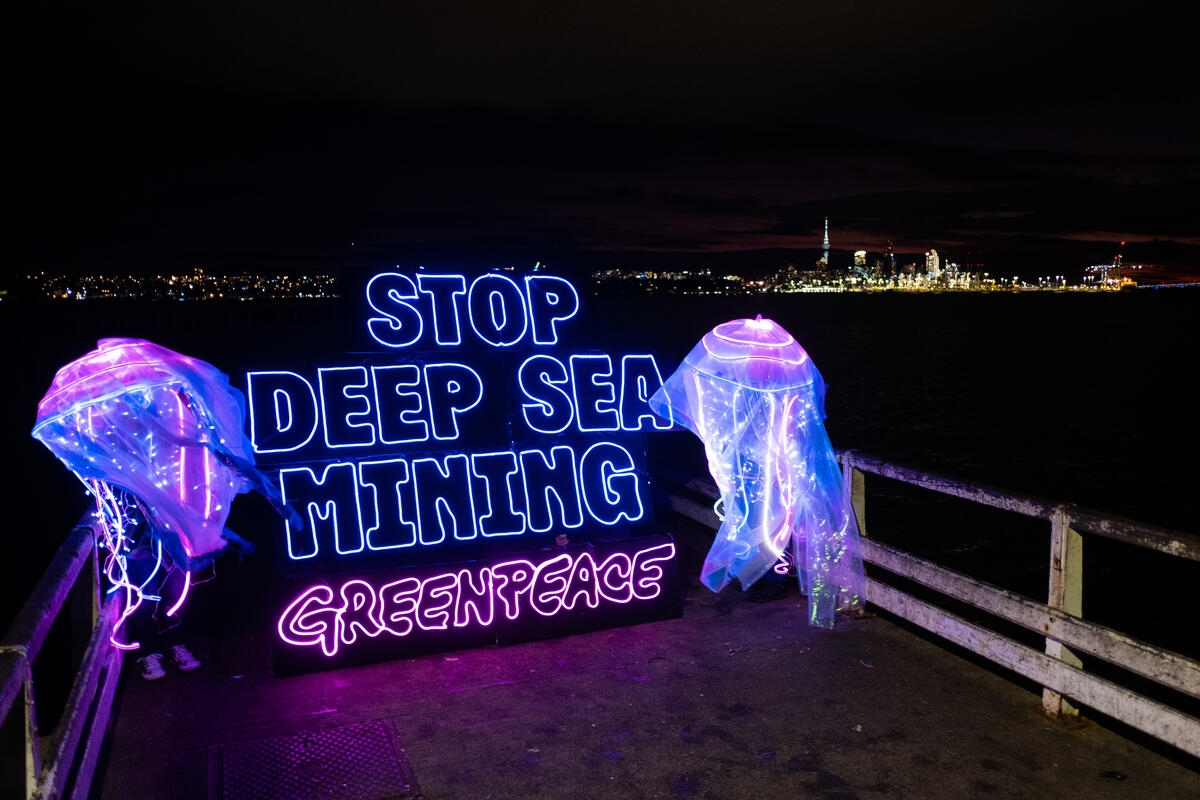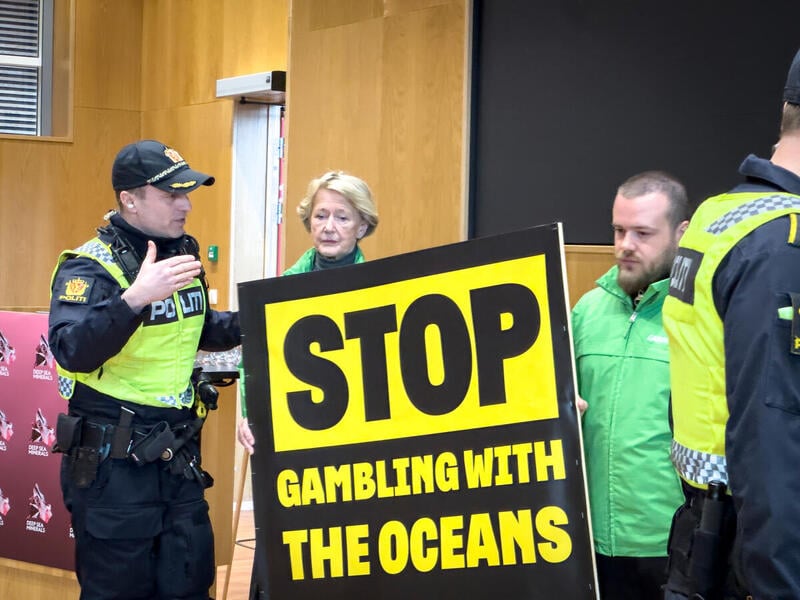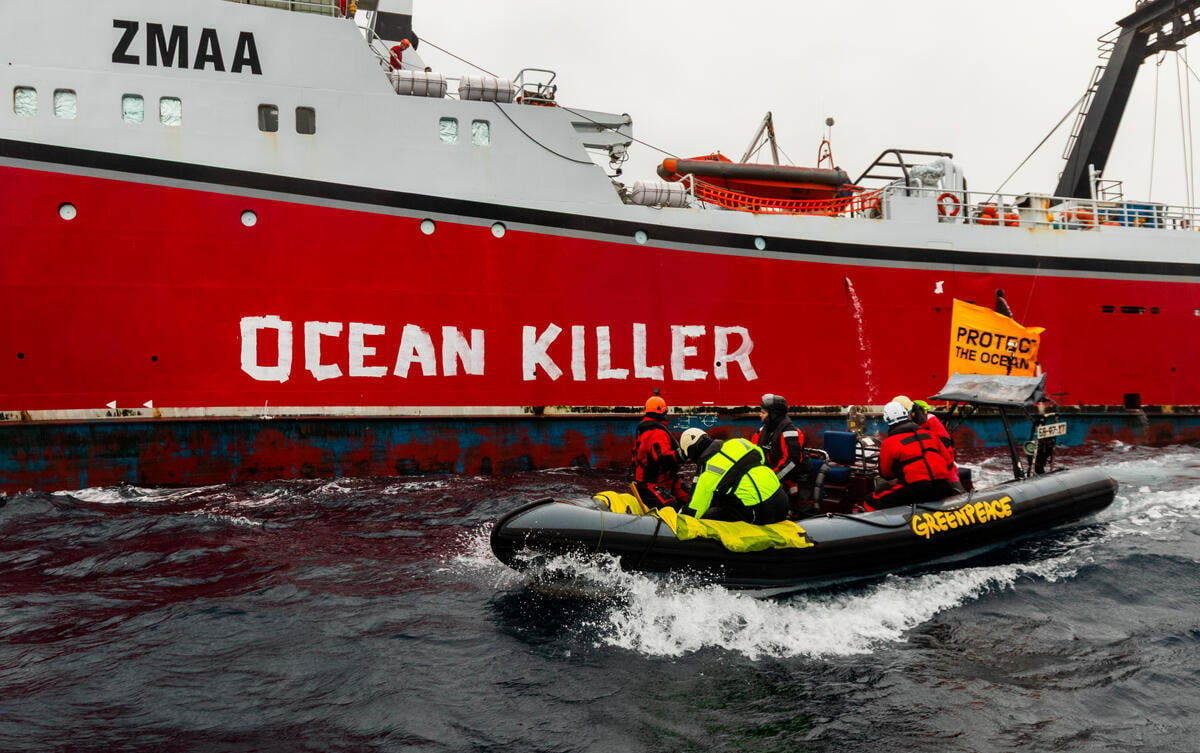The phrase ‘ocean protection’ will usually conjure up images of how human activities and our rapidly changing climate are impacting marine life. From fishing vessels with nets the size of football fields decimating fish populations, to turtles trapped in plastic debris or marine wildlife caught up in the destructive race to drill for oil or mine the seafloor, there are many critical issues facing the millions of species which call our oceans home.
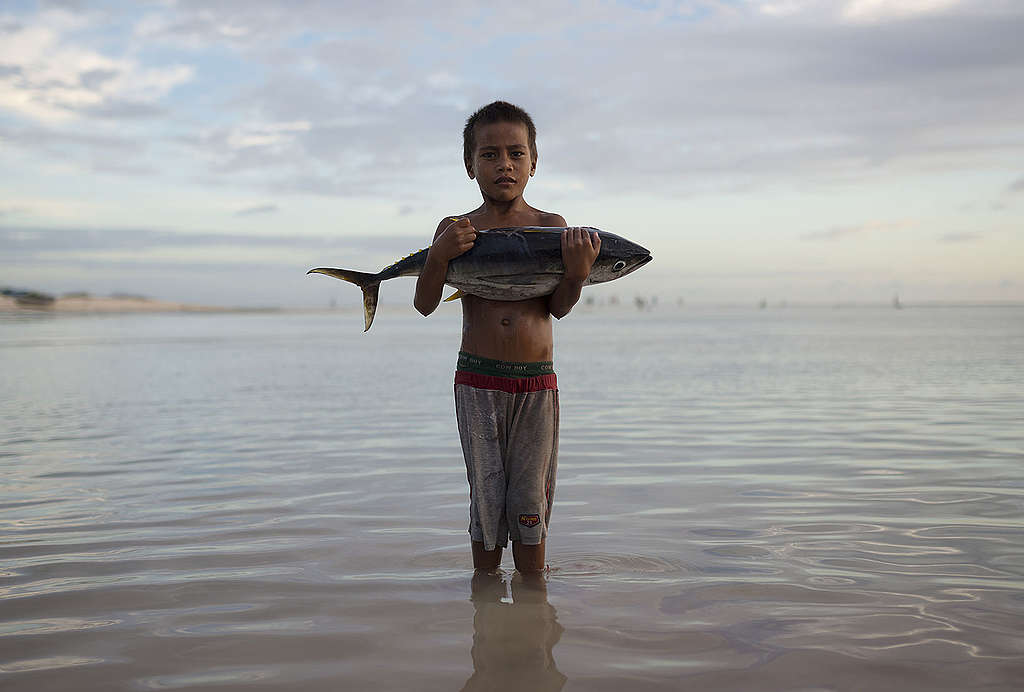
However, there is another group of creatures whose survival is equally dependent on healthy oceans, but aren’t always mentioned in conversations around ocean conservation: Humans.
How humans depend on the ocean
More than 3 billion people rely on the ocean for their livelihoods, the vast majority of which are in the Global South. The ocean provides coastal communities with jobs in small-scale fishing, a practice that has been passed down through generations, as well as newer industries, like tourism. The oceans also keep us fed. Seafood is a key part of billions of people’s diets, and many people rely on it to survive.
Communities all over the world have deep cultural and spiritual connections to the ocean, and many Indigenous Peoples in particular have put the sea at the centre of community life for generations.
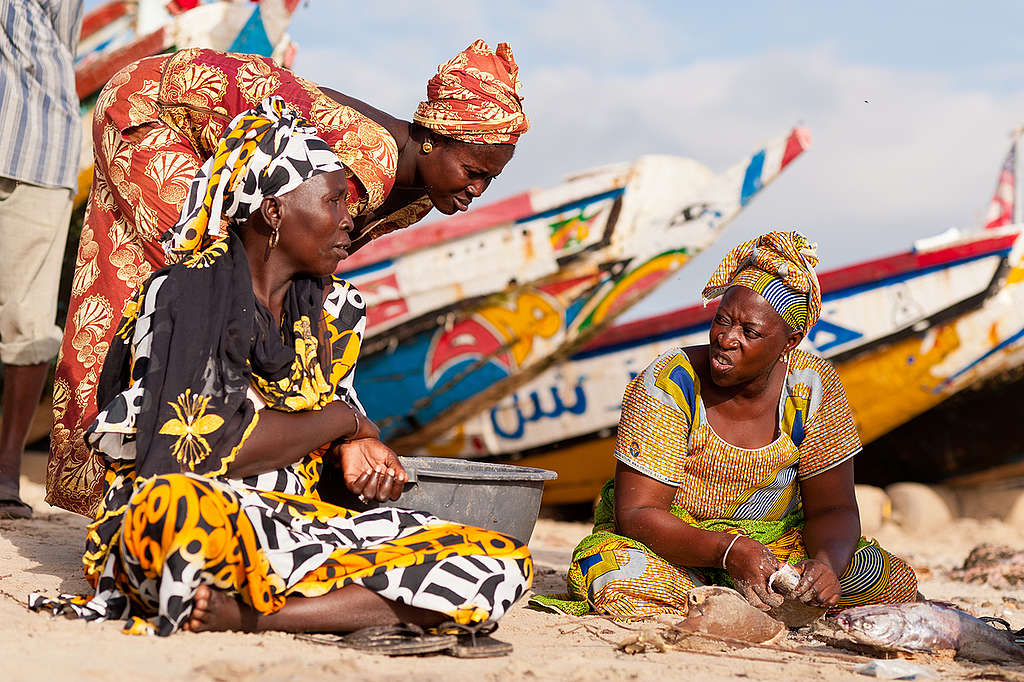
How humans are impacting the oceans
While some people are working hard to protect our oceans, other members of our species are exploiting our oceans for profit, threatening the livelihoods of other people globally.
Destructive industries like industrial fishing are emptying our oceans of life, including in international waters which have very few laws to stop these activities.
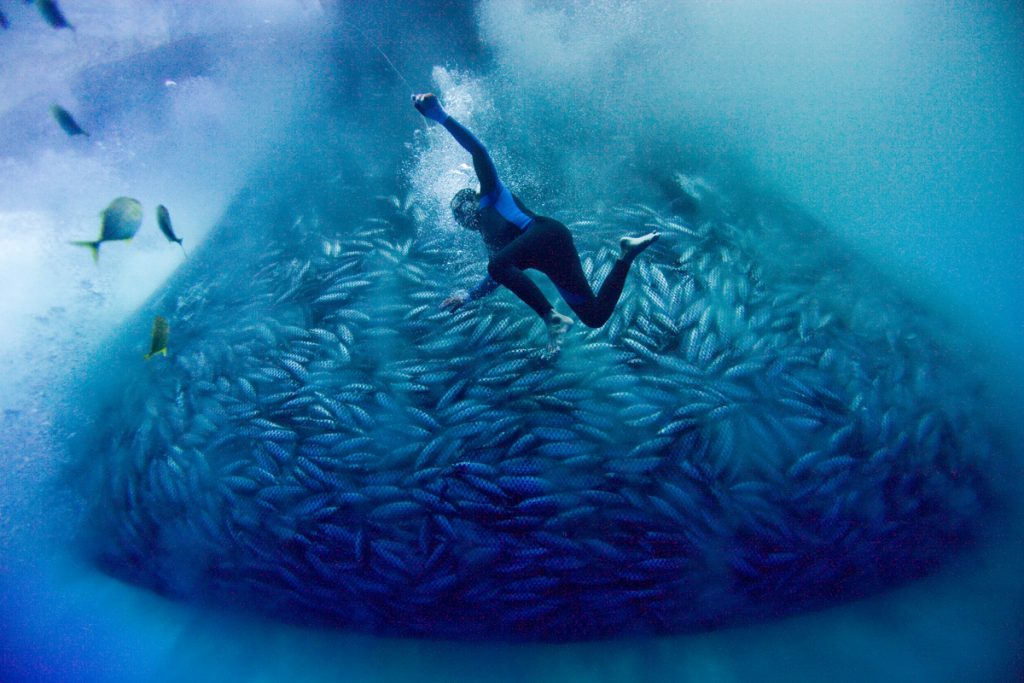
This fishing free-for-all in international waters is having a devastating impact on coastal communities. The UN estimates that around 60 million people are employed worldwide in fishing and fish farming. Most are in developing countries, and are small-scale, artisanal fishers and fish farmers. Often, there aren’t enough fish being caught to make a living out of or feeding families so people have to fish for more days of the week.
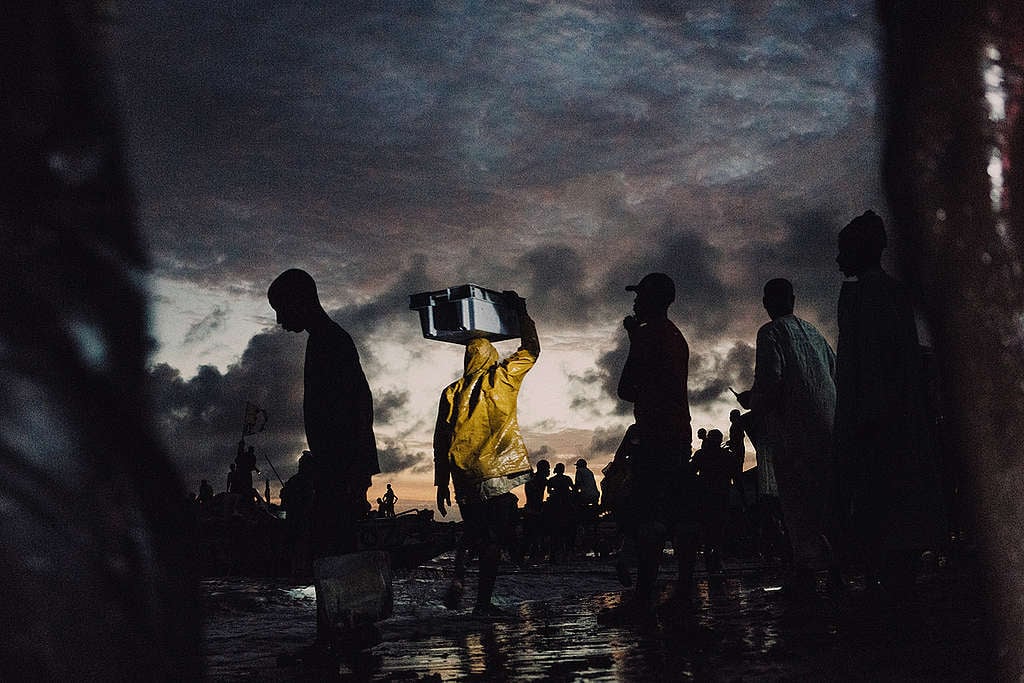
For example, we spoke to Oke, a fisherman in Nigeria who said, “Our children are not able to frequently go to school anymore. It has affected our wives’ being able to sell their wares, the cost of living has skyrocketed.”.
Hear more from Oke in this video from our Vital Voices series:
This is just one example of what is happening to coastal communities all over the world.
The industrial fishing companies don’t just harm coastal communities – their own workers are suffering too. Recent investigations revealed that migrants from the Philippines, Indonesia, Ghana, Sri Lanka and India working on boats in UK waters reported shocking conditions, working 20 hour shifts while having to endure violence and racism.
We all need healthy oceans
Even if you live thousands of miles from the oceans, they’re still crucial to your future. Healthy oceans are key to tackling climate change. Our oceans have absorbed 20-30% of recent emissions, buying us a little more time to avoid the worst impacts of climate breakdown. But unless we protect the habitats and systems that keep ocean life healthy, they’ll stop being able to absorb carbon dioxide, and climate change will accelerate.
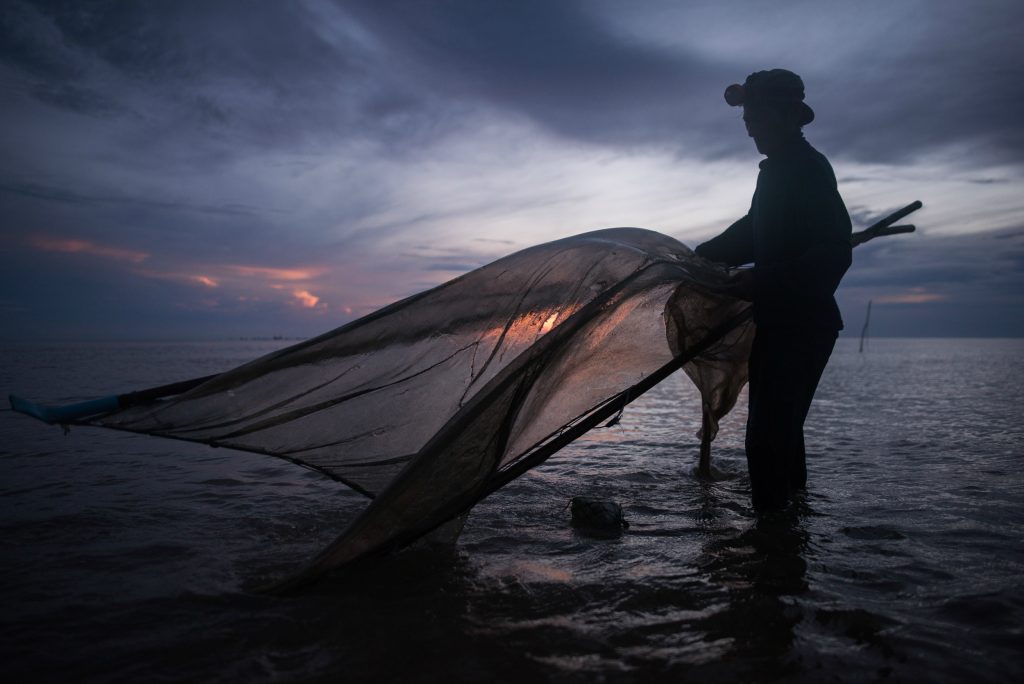
That’s why World Oceans Day isn’t just about marine wildlife. When we fail to protect the oceans, we’re failing to protect ourselves.
From coastal communities to migrant workers on ships to everyone who relies on a stable climate, we all lose out when the oceans are being exploited.
A strong Global Ocean Treaty would help keep parts of the high seas off limits to destructive industries. Sign the petition today, to tell world leaders to act now to protect our oceans and people.
Rima Sonigara is a Digital Campaigner for the Protect the Oceans campaign with Greenpeace UK

